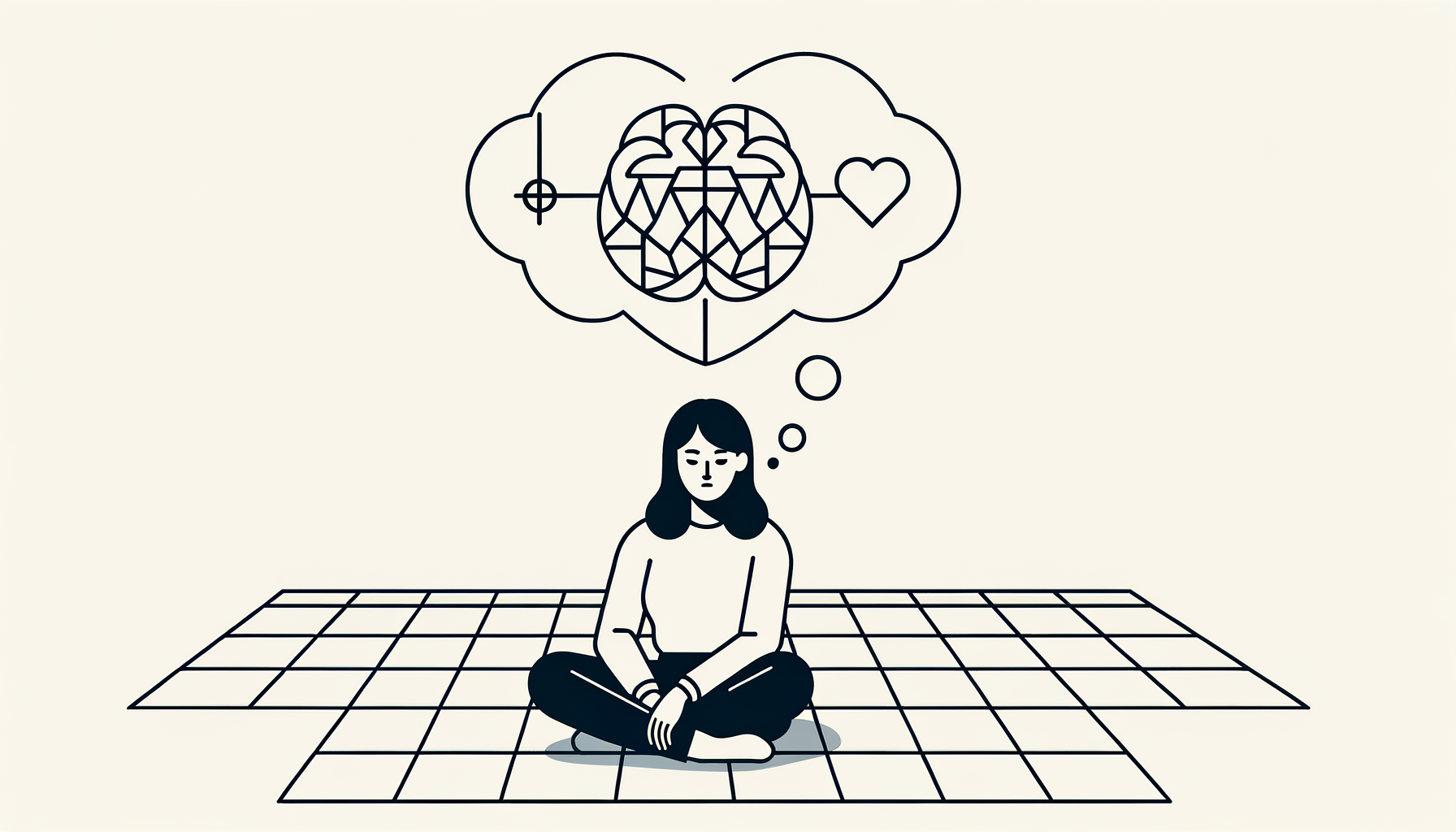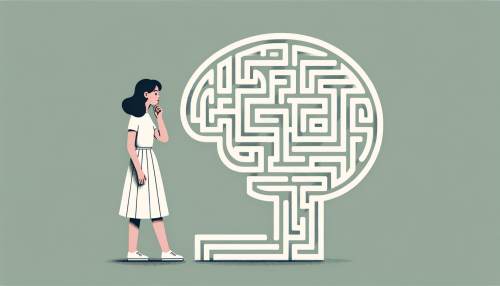Introduction
In the vast expanse of psychological therapies, Cognitive Behavioral Therapy (CBT) emerges as a beacon of hope for those grappling with mental health issues. This therapeutic approach, rooted in the interplay of thoughts, feelings, and behaviors, has been instrumental in alleviating a myriad of psychological disorders. This article delves into the world of CBT, elucidating its core principles, techniques, and benefits.
Understanding Cognitive Behavioral Therapy

Cognitive Behavioral Therapy, a term that might seem esoteric to the uninitiated, is a form of psychological treatment that has been empirically proven to be effective in resolving numerous mental and behavioral health issues. It operates on the premise that our thoughts, feelings, and actions are intricately intertwined, and that by modifying dysfunctional thought patterns, we can engender positive changes in emotions and behavior.
CBT is not a monolithic entity but rather a conglomeration of diverse therapeutic approaches, each with its unique focus and techniques. These include Rational Emotive Behavior Therapy (REBT), Cognitive Therapy (CT), and Dialectical Behavior Therapy (DBT), among others. Despite their differences, these approaches share a common thread: they are all grounded in the here-and-now and emphasize the role of cognitive processes in the onset and maintenance of psychological distress.
The process of CBT is akin to embarking on a journey of self-discovery and transformation. It involves identifying and challenging maladaptive thoughts, learning and practicing new skills, and gradually implementing these changes in real-life situations. The therapist serves as a guide, facilitating the process of change, but the onus of transformation ultimately lies with the individual.
Techniques in Cognitive Behavioral Therapy
The toolbox of CBT is replete with a plethora of techniques, each designed to address specific aspects of cognitive functioning. One such technique is cognitive restructuring, which involves identifying and challenging irrational or maladaptive thoughts. This process helps individuals to develop more balanced and rational perspectives.
Another technique is behavioral activation, which aims to increase engagement in positive and rewarding activities. This technique is particularly effective in treating depression, as it helps to break the cycle of inactivity and negative mood. Similarly, exposure therapy is used to help individuals confront and overcome their fears. By gradually facing feared situations, individuals learn that their fears are often unfounded and that they can manage their anxiety effectively.
Mindfulness, another cornerstone of CBT, involves cultivating a non-judgmental awareness of the present moment. This practice helps to break the cycle of rumination and worry that often fuels mental health issues. By learning to stay present and accept their experiences without judgment, individuals can develop a more balanced and peaceful relationship with their thoughts and feelings.
Benefits of Cognitive Behavioral Therapy
The benefits of CBT are manifold and extend beyond symptom reduction. One of the key benefits is the development of coping skills. Through CBT, individuals learn practical and effective strategies to manage their symptoms and cope with life’s challenges. These skills are not only useful in the short term but can also be applied throughout one’s life, providing a lasting benefit.
CBT also promotes self-efficacy and empowerment. By taking an active role in their treatment, individuals develop a sense of control over their mental health. This sense of empowerment can have a profound impact on one’s self-esteem and overall well-being.
Moreover, CBT is a flexible and adaptable approach. It can be tailored to meet the unique needs of each individual, making it suitable for a wide range of populations and settings. Whether it’s a teenager struggling with social anxiety, an adult grappling with depression, or a senior dealing with chronic pain, CBT has the potential to bring about meaningful change.
Conclusion
In conclusion, Cognitive Behavioral Therapy is a powerful and versatile therapeutic approach that has the potential to transform lives. By fostering self-awareness, promoting skill development, and empowering individuals, CBT paves the way for improved mental health and well-being. As we continue to explore and refine this approach, the future of mental health treatment looks promising.





